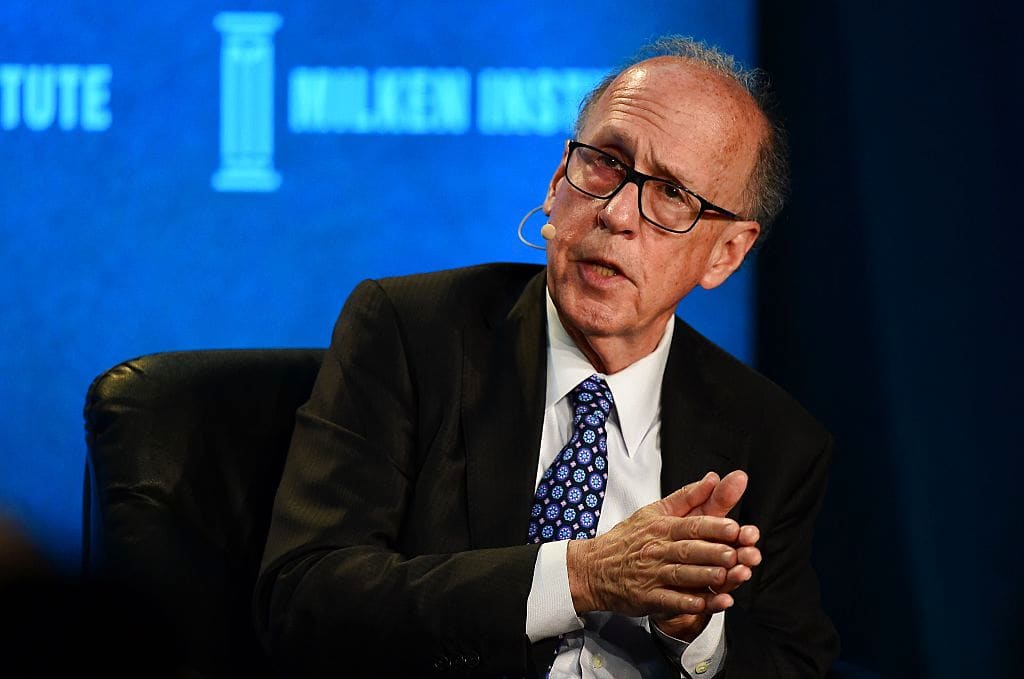Economist Stephen Roach said Monday he believes Wall Street is overestimating a consumer comeback.
According to the Yale University senior fellow, demand will snap back like a rubber band later this year as the V-shaped recovery loses momentum.
“With vaccines rushing out together with a lot of stimulus, you can just sense this instant gratification of a long-deferred pent-up demand,” Roach told CNBC’s “Trading Nation.” ”But as I look at the numbers, you know, most of that surge has probably already occurred.”
He’s building part of his case on the consumer durables share of GDP data.
“We’re back to levels of consumer durables that we haven’t been at in about 13, 14 years,” said Roach. “We’ve done the pent-up demand to a large extent, and it looks like it’s borrowing from growth that might have otherwise occurred in the second half of this year or early 2022.”
Roach said he does not believe that as more people get vaccinated, they’ll go from spending wildly on furniture and cars to spending wildly on restaurants and theaters.
“These face-to-face activities are still lagging in terms of employment and demand,” he said. “Even as we get vaccines, I think there is going to be some significant long-term scarring here. … I fear for quarters if not years to come.”
If pent-up demand starts to collapse, Roach said, he expects inflation fears to recede.
“The gap between supply and demand is going to prevent a meaningful and sharp increase of inflation,” he said, suggesting the benchmark 10-year Treasury Note yield would inch lower.
Roach, who served as chairman of Morgan Stanley Asia during the deadly 2003 SARS epidemic, also sees the slack in the global economy coupled with supply chain and technological breakthroughs limiting higher prices.
Despite his optimistic call on inflation, he still questions the strength of the U.S. recovery. He sees the latest stimulus package as a temporary measure because the relief checks do not support organic growth of ongoing incomes.
“It’s going to be very difficult to sustain this V-shaped trajectory that many have been counting on,” Roach said.
